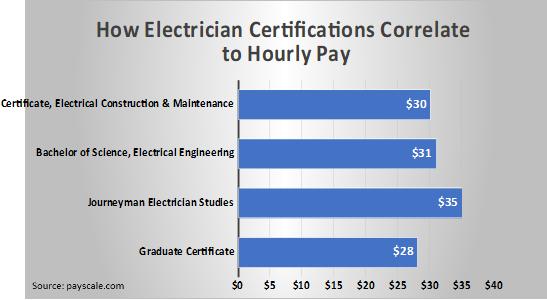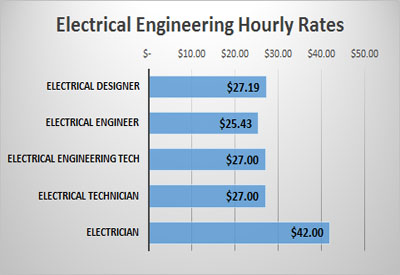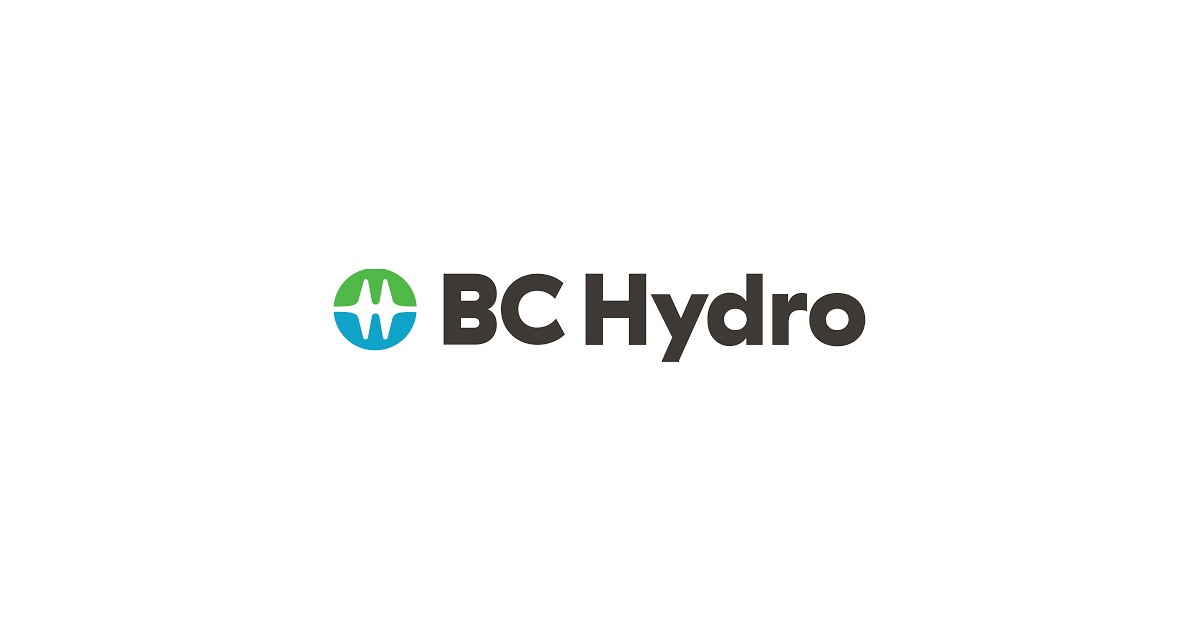Could Technology Help Improve Electrical Compliance?

January 15, 2017
Research conducted on behalf of the BC Safety Authority (BCSA) could provide a technical solution to a key compliance barrier.
BCSA estimates that up to 50% of electrical work done by contractors in the province is performed without required installation permits. Unpermitted work is linked to higher risk to worker and public safety.
Graduate students from Simon Fraser University’s School of Public Policy recently conducted research, including interviews with BCSA stakeholders, to identify issues that may inhibit permitting. They prepared a report recommending several ideas that could help bring non-compliant electrical contractors into the safety system.
Why people don’t comply with regulations
According to the Organisation for Economic Co-operation and Development (OECD), people don’t comply with regulatory requirements for a number of reasons, including:
- failure to understand the law
- procedural injustice
- costs of compliance (in terms of time, money or effort)
- deterrence failure
- incapacitation of those regulated
- failure of persuasion
What the graduate students recommend
Recommendations include:
- developing a mobile app to make the permit application process faster and more efficient
- improving the navigation and usability of the BCSA website
- providing multi-lingual website information and forms
- enhancing homeowner education regarding when and where permits are required, and the risks of not obtaining them
- exploring the potential of virtual inspections (via video-conference) for low-risk sites
The students’ report explores each of these recommendations. Here’s a summary of its recommendation for an app. The purpose would be to increase access to information and simplify the permit application process. The app could be for both contractors and their clients, and provide different information to each party.
How the app would work
Here’s a possible sequence of events and features.
For the contractor:
- User downloads the app
- User creates a contractor profile
- Information used to create a contractor profile is integrated into permit applications as basic auto-fill information. This increases ease of use by reducing the need to add personal information each time an application is created
- User is able to request a permit directly through the app, and relevant information about the job can be directly input
- User is able to request a virtual inspection.
For the customer:
- User downloads the app
- User is able to browse for information about what work requires a permit, and easily connect with a list of licensed contractors in their city
- Featured spaces/images run a campaign highlighting the risks of unpermitted work and the liability involved
- User can connect with the regulatory authority by telephone or email through the app
The budget for this project could reach $100,000, says the report, but it would be an effective tool, particularly for contractors looking to submit permit applications. The main benefits would be to
- simplify the permit application process, which applicants find burdensome
- create a direct line of communication between the regulatory authority and its stakeholders; for example, notifying electrical contractors of regulatory and process changes
While BCEA has published the report on its website, it has not yet publicly indicated any next steps. Find out more: www.safetyauthority.ca/news/electrical-newsletter/can-technology-help-bcsa-improve-electrical-compliance.










![Guide to the Canadian Electrical Code, Part 1[i] – A Road Map: Section 38](https://electricalindustry.ca/wp-content/uploads/2022/11/Guide-CE-Code-2.png)






